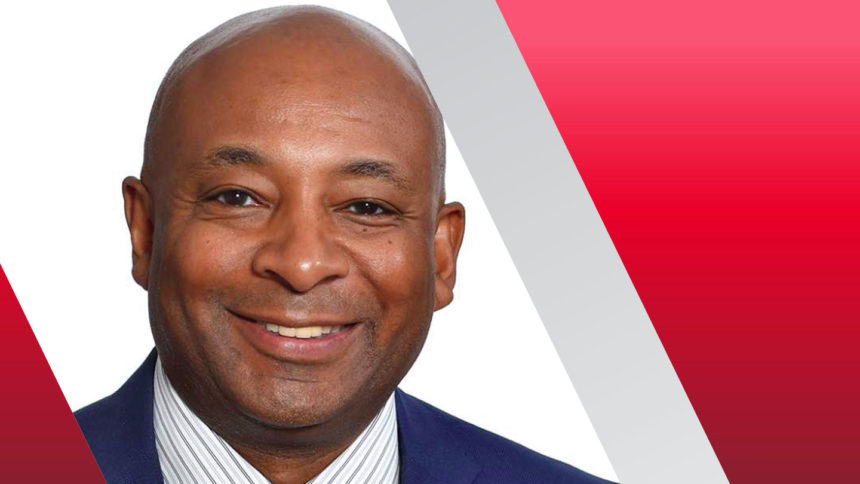
Q: I have been hearing about a Centers for Medicare & Medicaid Services plan to audit generators in nursing homes. What more can you tell me?
A: CMS does plan to audit emergency power systems in nursing homes. Operators must have an identified and functional alternative source of energy — usually some kind of generator — to aid with fire protection and provide emergency lighting, food storage, sewage disposal, and most importantly, maintain temperatures in extreme weather and natural disasters.
Facilities with emergency power systems that do not meet federal requirements risk citations and civil monetary penalties. Also, there is the risk of civil liability to residents if they suffer injuries caused by power system failures.
As we encounter more extreme weather, there is little doubt the nursing home industry can expect more stringent annual reviews and enforcement procedures as state agencies react to increased emergency preparedness oversight by CMS.
As part of a recent life safety and emergency preparedness audit, CMS conducted onsite inspections of 154 nursing homes in eight states. Those inspections revealed many facilities with generator systems that were more than 30 years old and rarely tested to ensure they work. The advanced age of many units has raised doubts about whether they could withstand high demand over a long period.
CMS intends to conduct a very focused audit to determine the age of emergency power systems and assess whether they are dependable and capable of delivering adequate power to maintain HVAC and other systems vital to patient safety.
The agency also will assess whether facilities have maintained their emergency power systems in accordance with federal requirements. The report related to this new audit is expected in 2024.
Please send your legal questions to Norris Cunningham at [email protected].
From the October 2023 Issue of McKnight's Long-Term Care News





